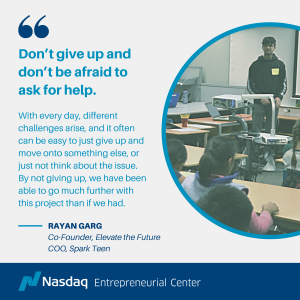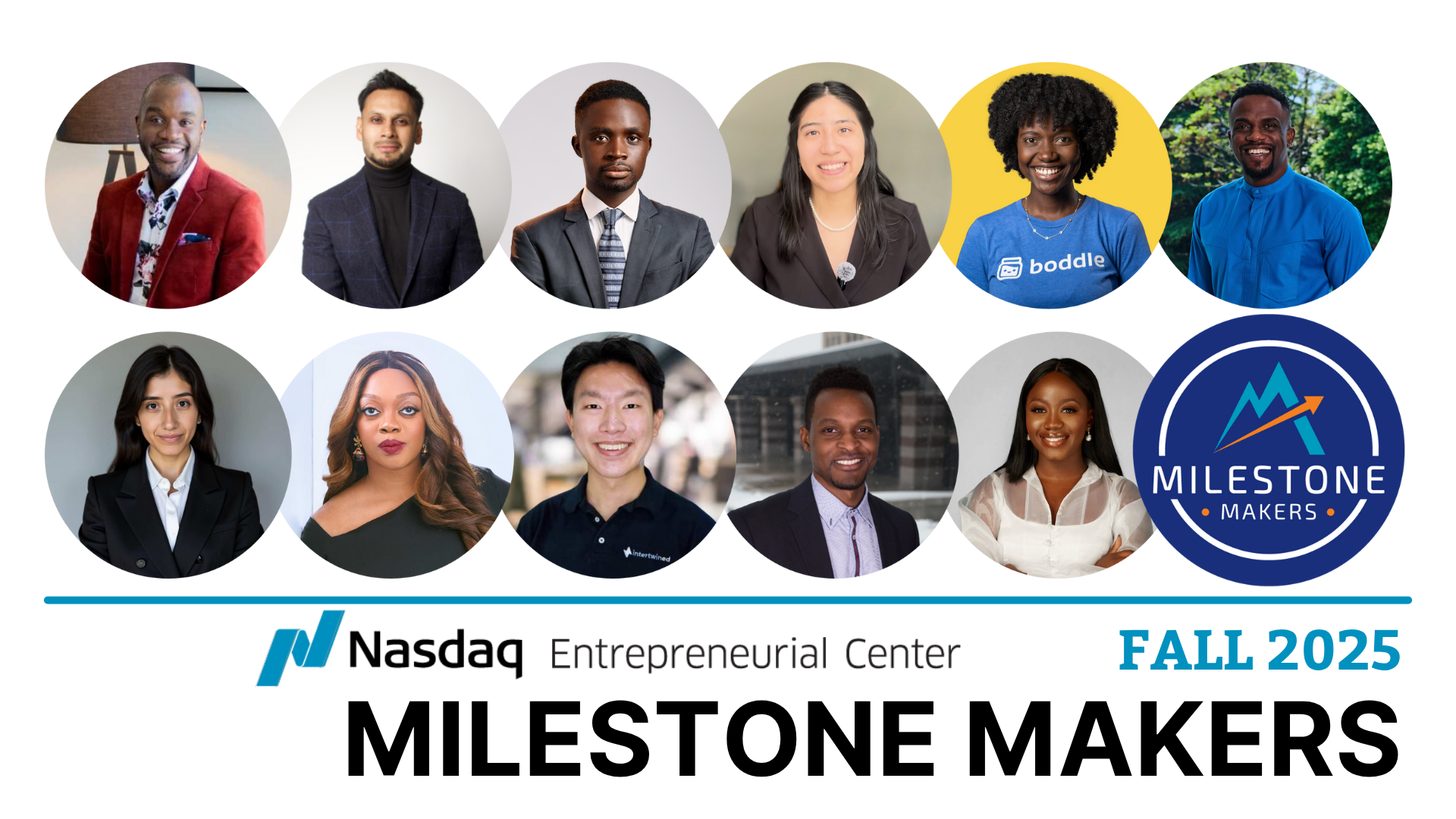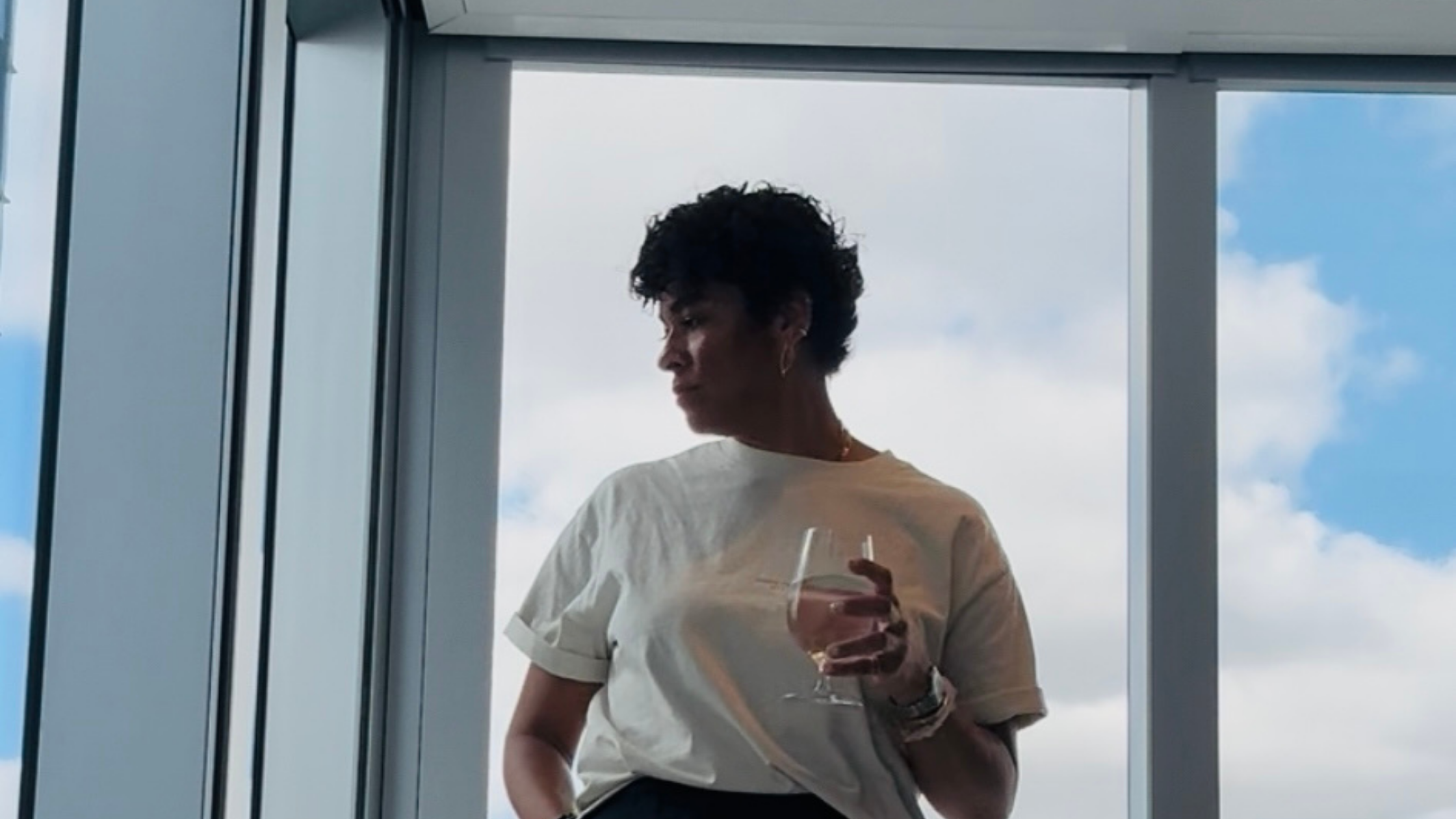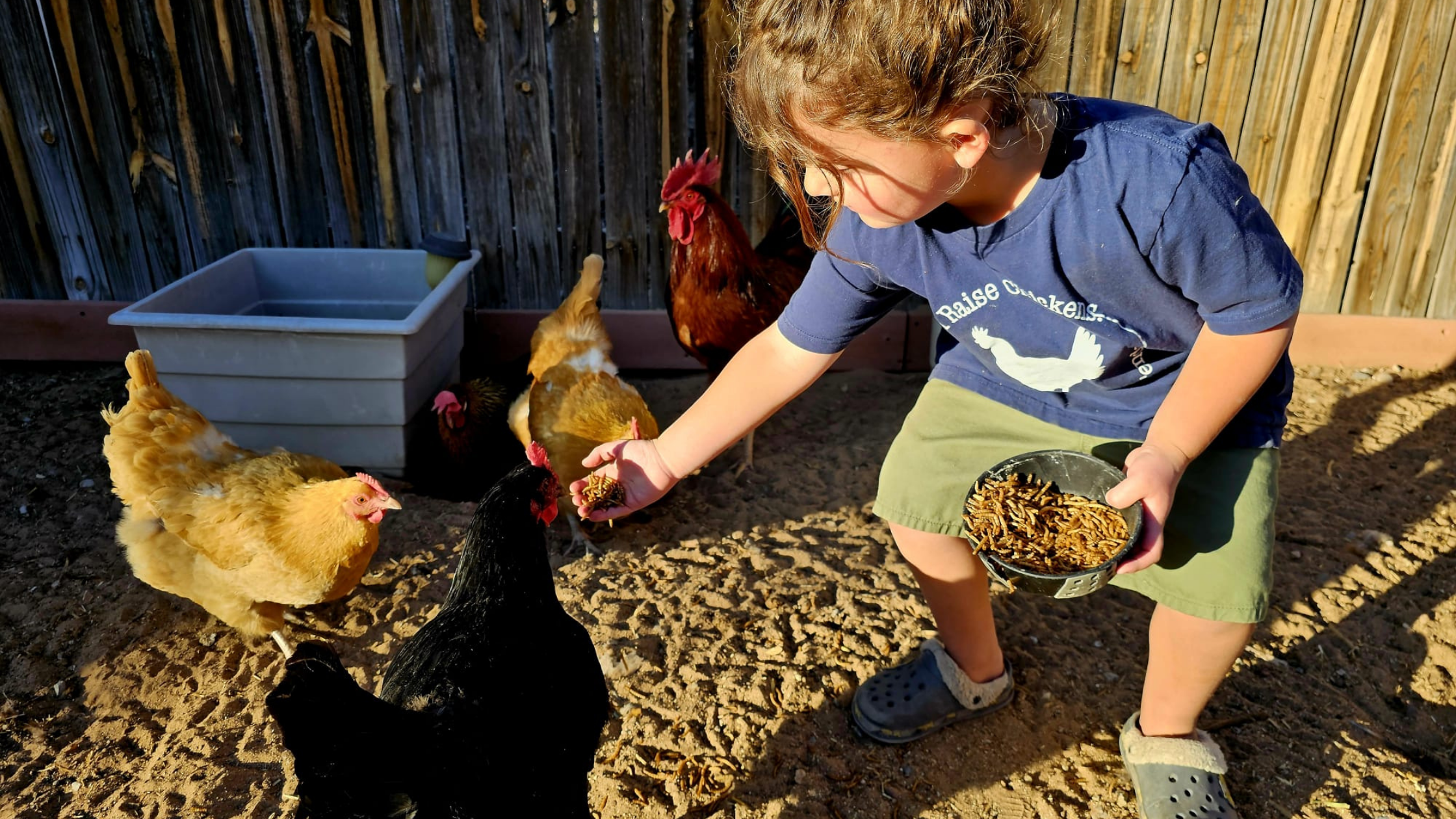Rayan Garg, a student at Archbishop Mitty High School in San Jose, CA, is already an accomplished entrepreneur. In addition to having competed in every single business competition available to high school students and placing as a finalist or semifinalist in all of them, he co-founded and is currently running an educational 501(3) nonprofit, Elevate the Future. Having impacted over 3,600 students and dozens of small businesses since launching, Elevate the Future increases access to business and computer science education to K-8 students through classes, summits and various initiatives across 40+ chapters around the world. Outside of Elevate the Future, Rayan is also the COO at Spark Teen, a nonprofit building the first accelerator for high schoolers along with a national set of entrepreneurship clubs.
What does “entrepreneurship” mean to you?
RG: To me, entrepreneurship means being able to make a difference without having to worry about failing. It means investing time, passion, and energy without knowing that you will succeed.
How did your company come to be?
RG: A little over a year ago, my friend and I realized that even as, 1. A record number of Americans struggle with financial literacy and 2. Technology becomes more and more prominent in society, neither computer science nor business are fields present in K-8 education, leaving our curriculum outdated and students unprepared for life in the 21st century. Having found much of my identity through both computer science and entrepreneurship, I really felt the need to help others have the same experiences and opportunities that I was fortunate enough to have, leading to the creation of Elevate the Future.
How has your business changed in response to the COVID-19 pandemic?
RG: In response to the COVID-19 pandemic, we have moved all our operations virtual, continuing to teach students and hold webinars through platforms like Zoom. In addition, to support small businesses struggling during the COVID-19 pandemic, we set up Project Falcon, an initiative helping small businesses create an alternate revenue stream by providing them with a free website designed by students who have gone through our web design course. Since launching the Project Falcon a few months ago, we have helped dozens of small businesses, along with teaching multiple classes. We have also partnered with companies such as Google to provide additional benefits to small companies.
What is your proudest and darkest moment so far? Share a key high and a key low from your journey if you can.
RG: I think my proudest moment so far has to be hearing the stories of small business owners who we have helped. I remember hearing the story of one of the business owners, Bernard, who lost his mother at a young age and found himself bouncing around the foster system, sometimes homeless. Hearing how cooking became his escape and how he started his restaurant with only $200 in his pocket was extremely powerful and being able to help a business owner like this affirmed everything our organization has been working towards.
On the other hand, I think our darkest moment has to be the opening day of our first class. Our team had spent our whole summer working on creating a curriculum and had gone through various obstacles as we tried to convince schools to let us come and teach. Unfortunately, tons of students showed up to the first class without their permission slip signed, meaning they couldn’t attend our course. With an overflow of students entering the office to call their parents, and with many having nowhere to go as they failed to reach their parents, the administration quickly became irritated along with multiple parents. While all this was going on, we still had to continue teaching the class to students who had filled everything out. Luckily, we were able to finish teaching and work with the administration to ensure this never happened again. Looking back, this situation definitely taught our organization a lot, and definitely was helpful to keep in mind as we set up other locations.
How is your company changing the landscape?
RG: Our organization is changing the landscape in two ways. First, we are bringing computer science and business education to places where students usually lack access. From working with children in the foster system to our chapters in countries like Ghana, Ukraine, and Egypt, we are reaching places that many organizations never consider.
Secondly, we are allowing students to actually apply what they learn. Usually when students go through a class or online course, their education ends when the course ends. But, through our initiatives like Project Falcon, and our events like competitions, webinars and summits, we make sure students are able to continue learning and impact their community with what they have learned.
What do you wish you knew when you started? Is there anything you would do differently?
RG: When I started, I wish I knew the importance of not trying to do everything yourself. When my co-founder and I first started working on the organization, we tried to manage everything by ourselves, worried that others might not able to understand our vision. As we tried to scale, we quickly found this was a major problem, because we just couldn’t handle everything at once, and now our team members were not fully in the loop.
 What advice/credo do you live by as you grow the business / what is your professional and personal mission statement?
What advice/credo do you live by as you grow the business / what is your professional and personal mission statement?
RG: Don’t give up and don’t be afraid to ask for help. With every day, different challenges arise, and it often can be easy to just give up and move onto something else, or just not think about the issue. For example, when we were first trying to get the word out to businesses about Project Falcon, many businesses thought we were a scam or didn’t trust our skills/abilities as high schoolers. Multiple of my team members were pretty worried. But, we didn’t give up. We called, emailed, and cold messaged local chambers of commerce. We reached out to organizations working with small businesses, like SCORE, and contacted local mayors. And, slowly, businesses in our community started to express interest in participating in our project. Soon, businesses we had built sites for started referring us to other businesses they knew. By not giving up, we have been able to go much further with this project than if we had just given up.
Where do you find inspiration when faced with challenges?
RG: When faced with challenges, I find inspiration in the impact we have made. Knowing that me have made a difference in students’ lives motivates me to work through these challenges and improve our organization, especially as many of the students we teach might not get this education otherwise.
What does “success” look like for you? What do you think will help you achieve it?
RG: With each of the projects I work on, I like to set different metrics or checkpoints that I want to achieve. When I first started Elevate the Future, I would have said success would be teaching 1000 students, but today that would look completely different. In terms of personal success, I think this is something I am still trying to figure out. In the Bay Area, it often feels like society tells people my age success is getting into the best college, but I don’t know that I agree with that.
Has personal or professional “success” changed for you since the COVID-19 pandemic?
RG: I think the COVID-19 pandemic has made it clearer than ever how important technology is in our world. I also think reaching underprivileged students has become more important than ever due to how COVID-19 has disproportionately affected the underprivileged. So, in that sense, the COVID-19 pandemic has definitely affected how I define success with Elevate the Future.
What’s it like to work alone or with your partners? What advice do you have for fellow entrepreneurs about building and leading teams?
RG: It’s been a great experience. One of the great parts of working in a team is being able to get a variety of different perspectives I wouldn’t have if I worked alone. Additionally, having a team there to help out and keep our organization moving forward is something I appreciate, because with a team Elevate the Future has been able to do much more than if I tried to handle everything myself.
Many entrepreneurs continue to perfect their daily routines to support their work and greater vision; would you mind sharing your morning routine or a regular ritual that grounds your work each day? How has it changed in recent months?
RG: One ritual I have been doing each night is writing down what I have accomplished that day. Extremely helpful in keeping me productive, this has allowed me to hold myself accountable and has pushed me to make each day better than the previous one.
What keeps you motivated during this time?
RG: Working in a team, because I feel like in a team I become accountable to others, and I also have a group of people to share in the organization’s highs and lows.
What kind of an entrepreneur do you want to be known as, as in, what do you want your legacy to be?
RG: I want to be known as an entrepreneur who empowered others. An entrepreneur that made a difference in society, creating opportunity rather than dismantling it.
What is a quote or some words of wisdom that help get you through the tough days?
RG: Giving up is the only sure way to fail.
Do you have someone you’d like to nominate to be profiled in our Faces of Entrepreneurship series? Please let us know by emailing media@thecenter.nasdaq.org.




